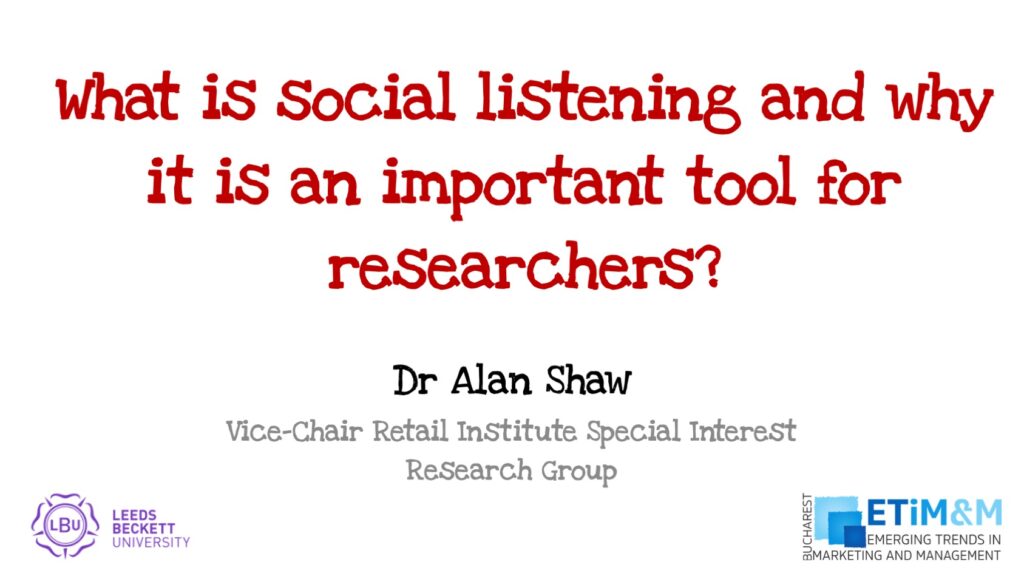Running a social media competition (SMC) is a great way to promote your brand. To be successful it has to be part of an integrated marketing plan. It is my belief that too many businesses use social media competitions to increase the number of likes on their Facebook page or followers on Twitter. Their KPIs are based on these numbers only, what we need to remember is that businesses are here to sell products or services.
Before embarking on any social media competition I must urge you to follow the 5 simple steps illustrated below:
1. Have clear objectives.
2. Know your target audience.
3. Do a detail plan.
4. Run a promotional campaign.
5. Monitor and review the activity.
Let us now look at each of these points individually:
Have clear objectives.
You need to have a clear objective when creating a SMC: it should also tie in with the marketing plan. Here are some examples of what these objectives could be:
• Promoting a new product.
• Promoting an event.
• Use it as a means to keep the brand “Top of Mind”.
If you are going to get the participants to like your facebook page or become a follower of your twitter account then have a key message that they have to repeat or get them to watch a short promotional video.
Know your target audience.
Your social media competition must target the same market segment as your brand. You must also be clear about your geographical intention: social media is global and has no boundaries. The terms and conditions must be specific on where you are prepared to ship the prizes to. The type of competition and prize should also reflect the needs and wants of the target audience. As an example:
• If the brand is food related you could ask participants to come up with new and alternative recipes to compliment the product. The prize could be meals at a top restaurant.
• If it is a corporate brand you could send participants a banner and get them to photograph it in an interesting location during their vacations. The prize could be a holiday.
It should be noted that it is likely to be very difficult to target your desired market segment if you are just going to use Twitter. However, if you are involved in a conference, exhibition or workshop (a place where your customers and potential customers are being channelled into) you could get those attending to do a twitter competition. This could be an ideal opportunity to test what percentage of your customer base uses this type of platform.
Do a detail plan.
Before embarking on a social media competition you must complete a detail planning exercise. In particular focus on what could go wrong and have contingency plans: there will be many people out there who will spot and exploit any loop holes you might have missed in your competition.
Let’s look at Hoover, although this was not a social media competition it illustrates the pit falls of poor planning. They tried to boost sales in the vacuum cleaner market by offering free flights with the purchase of certain items. This turned into a disaster and ruined the company: instead of 50,000 applicants, they had 200,000. The company had to find £20m to buy the air tickets.
Run a promotional campaign.
It is a fallacy that all social media activities can build their own momentum and reach thousands of individuals at a click of a button. Promotional activity is equally important for campaigns on the internet as it is for traditional channels. To gain interest in the competition you need to mobilize your PR and advertising machines.
Monitor and Review.
Like all business activities you must monitor and review the activity. This is so that you can:
• Take proactive action as soon as possible against any adverse reactions.
• Capitalise on the runaway success if it occurs: the competition may become a major PR opportunity.
• Learn from the activity so that you can build on the successes or correct any misgivings.
Credits:
The lead picture is an adaption of the work by digitalart:
http://www.freedigitalphotos.net/images/view_photog.php?photogid=2280
Alan Shaw
Latest posts by Alan Shaw (see all)
- What is social listening and why it is an important tool for researchers? - July 31, 2021
- COVID-19 and Remote Learning: Experiences of parents supporting children with SEND during the pandemic. - June 30, 2021
- Using Netnography To Evaluate The Launch And Collapse Of The European Super League - April 21, 2021
- Developing Semi-Structured Interview Questions: An Inductive Approach. - April 9, 2020
- Developing Semi-Structured Interview Questions: A Deductive Approach - April 9, 2020















